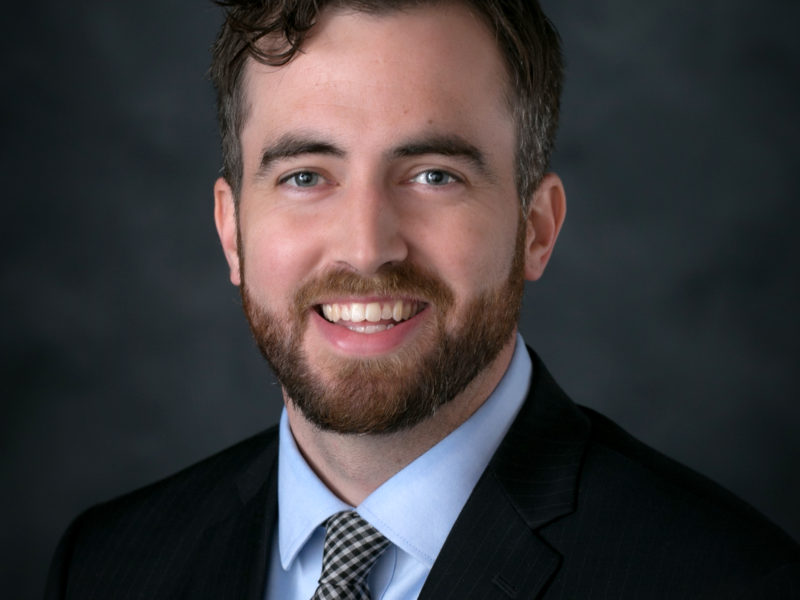The Minnesota Legislature utilized a one-day special session to pass a two-year state budget, a testament to comprise for the nation’s only divided Legislature. This article will examine the new leadership dynamics that led to the agreement, review the budget, address policy that did and did not become law, and look to what the 2020 session might hold.
New Legislative Leaders
The stage was set for a messy 2019 session after the 2018 election saw a DFL take over of the Minnesota House to pair with a new four-year term in the Governor’s mansion for Democrat and former Congressman Tim Walz. The Senate, not on the ballot in 2018, remained in Republican hands. This unique split of legislative control threatened a disordered and unproductive session, but Speaker Hortman, Majority Leader Gazelka, and Governor Walz were able to work together and agree to a budget all sides could support. And while this group seems to trust each other and work well together, the agreement was shaped largely behind closed doors with little transparency until after the deal was reached.
There had been a lot of talk about how this year would be different. There would be fewer back door meetings and more work done in conference committees open to the public. There would be more time for a transparent and public process because agreements on budget targets would be reached earlier. There would be less work done in the middle of the night so the public could participate and scrutinize. These laudable goals were ultimately discarded as the realities of reaching compromise with divided party control became apparent. In the end, all sides got some things they could support while having to give up on policy and funding priorities to reach an overall deal…the textbook definition of compromise. Let’s review what they agreed to.
Overview of Two-Year Budget
The new budget will spend $48.3 billion over the next two years, up from the current biennial budget of $45.5 billion. Part of this difference will go to a 2% increase to the general education funding formula for more education spending per student. An increase to the Minnesota Family Investment Program, which provides cash grants to working families, was also included, the first such increase in nearly 20 years.
Local government aid sees an increase with more than $50 million in the program over the previous base budget as part of the omnibus tax bill. Other key tax provisions include conforming the state tax code to changes made to the federal code, an extension of a tax on health care providers that had been set to expire, a .25% income tax rate reduction for the second tier, and no increase to the state’s gas tax as had been proposed and supported by Governor Walz.
Policy Provisions
Democrats advanced a multitude of policy proposals in the House, included new gun control measures, a mandatory paid family and medical leave program, a requirement on utility companies of 100% clean electricity by 2050, driver’s licenses for immigrants, and a 20-cent increase to the state’s gas tax. None of these proposals were supported by the Republican controlled Senate, and none were included in the final agreement.
There was bipartisan support on some policy issues. One such issue was the effort to prevent wage theft. The state will now define wage theft in law as the practice of an employer not paying contractually owed wages to employees. The new requirements also establish penalties for employers in violation. There was also bipartisan support to address the opioid epidemic. The opioid addiction response bill will increase licensing fees on companies in the prescription painkiller business. The new increases to licensing fees are expected to generate $20 million each year which will go to a fund dedicated to opioid related response programs.
What to Expect in 2020
With the state’s budget now set, the 2020 legislative session will focus on policy issues and on assembling a bonding bill. An agreement on a $500 million bonding bill was part of the overall budget agreement struck by Governor Walz, Speaker Hortman, and Majority Leader Gazelka, but the bill was ultimately not passed during the one-day special session. A bonding bill requires a supermajority of votes on the House and Senate floor, meaning members of the minority party in each body need to support a bonding bill in order to get the requisite number of votes. The minority House Republicans did not sign off on the final budget deal, and as such did not provide the votes needed for a bonding bill. This will set the stage for a fight in 2020 over the overall size of the bonding package, with the Governor and House likely to advocate for a bill in the $1.5 billion range with the Senate hoping to keep the overall funding closer to $900 million.
2020 will also see the fight for policy issues renewed. Look for another push in the House on gun control measures, paid family leave, clean energy requirements, and potentially for legal recreational marijuana. Both the Minnesota House and Senate will be on the ballot after the 2020 legislative session, so expect plenty of political theatre leading up to and during the 2020 session.
Samuel Richie is an attorney with Fryberger, Buchanan, Smith & Frederick, P.A., practicing primarily in the government relations and legislation areas and also administrative law.


 FORE! Avoiding a Legal Hazard in Minnesota Golf Law
FORE! Avoiding a Legal Hazard in Minnesota Golf Law
